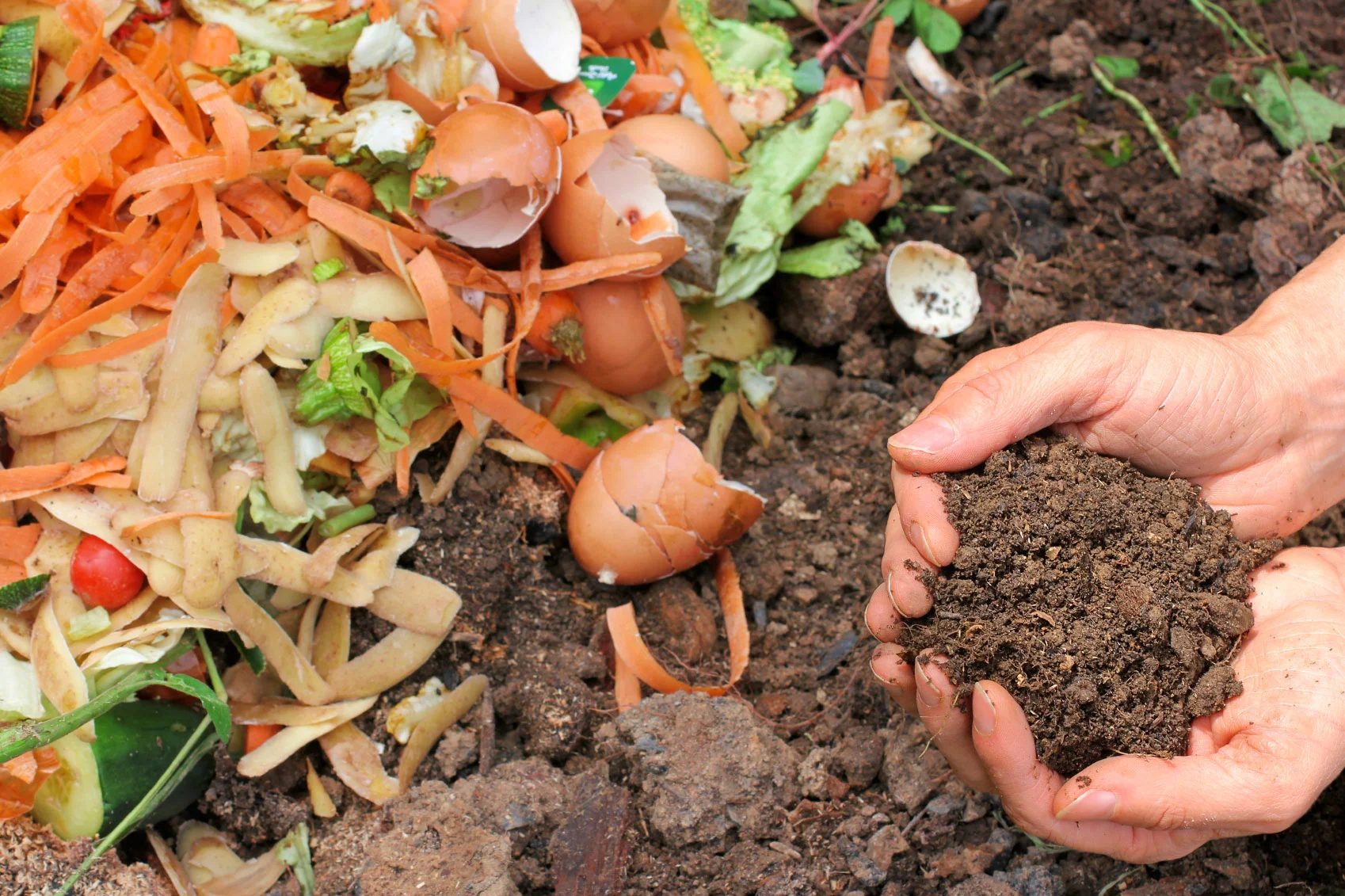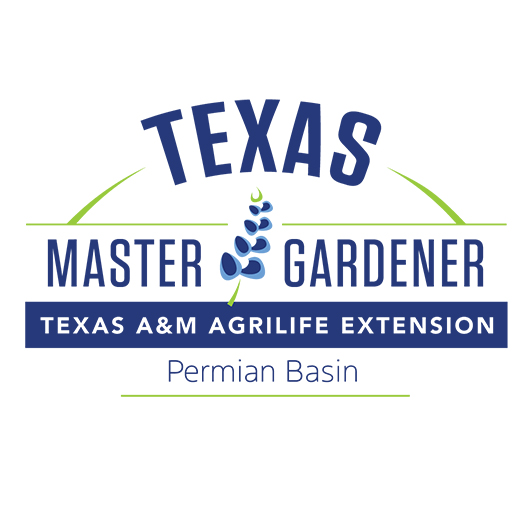By Debbie Roland and
Emmy Ulmschneider
Master Gardeners
Recently on a gardening social media site I follow, a picture was posted showing some rather sad vegetable plants. The person posting was asking what the problem was. They had amended their soil with compost they purchased but the plants were still not thriving.
Understanding compost and mulch and the difference is important when you are a gardener. As it turned out they had purchased “compost” that had not finished the decomposition process. It was very small wood chips without much organic matter. It probably had been composting but was just not left long enough to get the job done.
So how do you know? Compost and mulch both help your soil but in different ways and are applied differently. They have similarities but the benefits are different. Compost is made of formerly organic matter and feeds the soil which promotes plant growth and nurtures beneficial soil organisms like worms. Mulch can be either organic such as shredded bark or inorganic such as gravel or rock. Mulch goes on top of your soil as a shield from the harsh climate and to keep your water from evaporating and drying out the plants. It also aids in preventing weed growth.

Compost is made from grass, old fruits and veggies, newspaper scraps, eggshells, used paper towels, grass clippings, garden waste, even some properly composted animal manure (not dog or cat). Once this mixture has decomposed, broken down into simpler compounds, it is added to your soil either by mixing, top dressing, or as an addition to the hole you are planting in. It conditions the soil and delivers nutrients almost immediately, whereas organic mulch delivers over a long period of time because it must decompose first. If you make your own compost, remember that the smaller the size of what you add to your bin or pile, the faster it will decompose. Shredding your paper and even your veggies before you put them in will really speed up the process. Generally, the greener the material, the faster it will decompose.
Organic and inorganic mulches come in many varieties. Organic mulches from shredded bark or wood chips can be purchased or you can mulch your gardens with organic materials from your yard such as chemical free leaves in the fall or grass clippings in the summer. Because organic mulches decompose over time, they need to be re-applied. But that means that the nutrients are being released slowly over time to the soil aiding plant growth. Inorganic mulches also come in a wide range of materials: shredded tires, rubber, plastic sheeting, gravel, and rocks. Since these materials do not decompose, they can last a long time. Some materials such as gravel and rocks also function as a design element in your landscape.
So, now that you have uncovered the difference between mulch and compost, apply this knowledge to your gardens and increase your gardening skills!
If you have questions, call the AgriLife office in Odessa at 498-4071 or in Midland at 686-4700. Additional information, and our blog for access to past articles, is available at westtexasgardening.org. Click on “Resources.”




